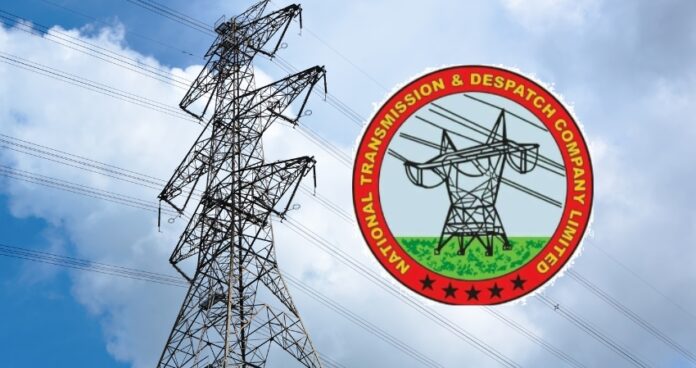The National Transmission and Despatch Company (NTDC) came under scrutiny from the National Electric Power Regulatory Authority (Nepra) during a two-day public hearing for its revised Transmission Investment Plan (TIP) for 2023-2025, amounting to Rs 510.105 billion.
The plan faced criticism for perceived inadequate allocation to Sindh and Balochistan, prompting dissatisfaction among Nepra members.
Deputy Managing Director of NTDC, Qaisar Ahmad Khan, led the response team, addressing questions raised by Nepra’s technical team and provincial representatives.
Initially submitting a Rs 370 billion investment plan for fiscal years 2022-23 to 2024-25 on September 23, 2022, NTDC verbally communicated a revised plan. The detailed revision was subsequently shared by the General Manager Technical of NTDC.
The revised investment plan outlined allocations for Special Economic Zones (SEZ), land acquisition for solar plants, ongoing works, new projects, and completed projects.
NTDC aims to undertake 99 projects, contributing to a 55 percent increase in transmission capacity with the addition of 35,000 MVA, including laying 6,500 kilometers of new transmission lines.
During the hearing, Nepra members expressed dissatisfaction with NTDC’s allocation percentages to Balochistan and Sindh. Questions were raised about investment parameters in different provinces, particularly Sindh.
In response, Deputy Managing Director NTDC, Qaisar Khan, explained that the data was obtained from Discos, emphasizing NTDC’s limited responsibility for faults outside its purview.
He cited the example of the Neelum Jhelum hydropower project, attributing issues beyond NTDC’s control, such as a tunnel collapse.
Nepra raised concerns about the blackout issues primarily affecting the southern parts of the country, emphasizing the need for investment in areas with existing system constraints. The regulator criticised the absence of proposals for southern regions in NTDC’s plan.
NTDC’s investment plan includes critical transmission projects, power evacuation schemes, and system reinforcements. Challenges such as right-of-way issues, community resistance, lack of compensation policies, and inadequate legal frameworks have led to delays, penalties, loan problems, and increased project costs.
The plan encompasses constraint removal schemes in various regions, addressing under-utilisation issues of high-voltage, direct-current (HVDC) lines and power plants in the south.
The financial impact of system constraints remains challenging to determine precisely due to operational dependencies like fuel cost variations and actual electricity dispatch.
NTDC is confronting a cost overrun of Rs180.382 billion in 42 projects, attributing it to factors such as significant dollar escalation and projected future expenditure on yet-to-start projects.
Currency devaluation, particularly the USD-PKR trend, has contributed to substantial increases in project costs, highlighting the difficulties faced by NTDC in managing infrastructure development plans amid an economically volatile environment.





we believe in setting the standard for luxury in the automotive industry. Joining our team means being part of an organization that values excellence and innovation. We offer a competitive compensation package, opportunities for professional growth, and a collaborative work environment where your expertise can shine.